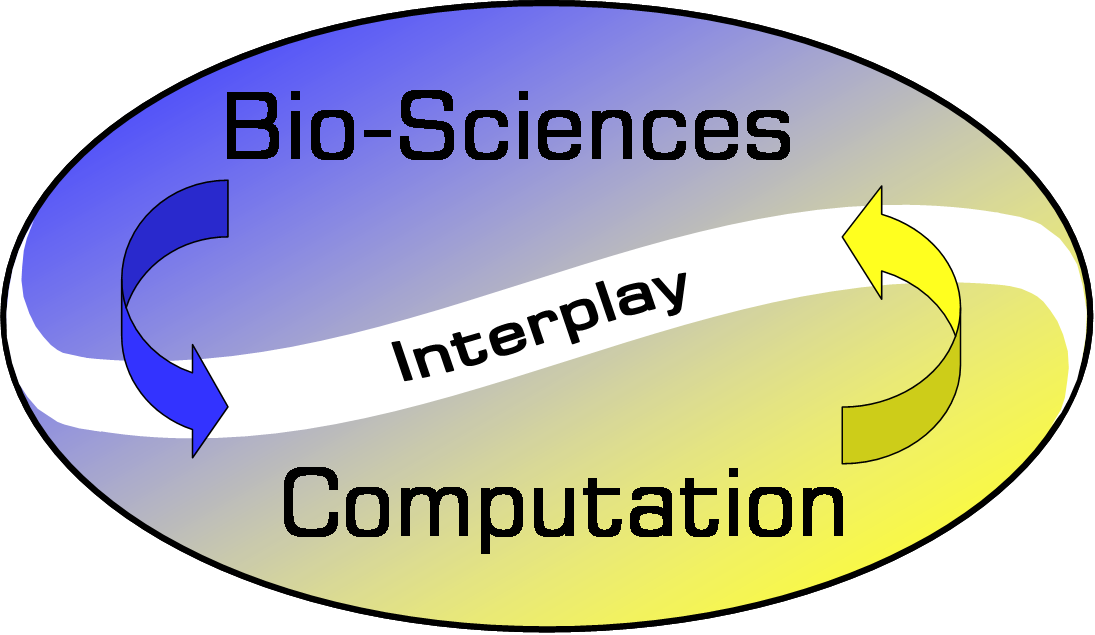Chairperson:
Verónica Dahl. Co-chair:
M. Dolores Jiménez.
The main goal of this special session is to promote interdisciplinarity among linguistics,
biology and computation. We want to boost the interchange of knowledge and
viewpoints between specialists that work on linguistics, biology or computation and
have interest in using methods from other disciplines that can provide new ideas, new
tools and new formalisms to approach their problems, and to help improve their
theories and models. The area of convergence between those three disciplines is
giving rise to the emergence of new scientific paradigms that will have great
epistemological, social and cultural impact.
During the 20th century, biology has become a pilot science, so that many disciplines
have formulated their theories under models taken from biology. Computer science has
become almost a bio-inspired field thanks to the great development of natural
computing and DNA computing. From linguistics, several attempts of establishing
structural parallelism between DNA sequences and verbal language have been
performed. In general, it can be stated that the processing of natural language can take
great advantage of the structural and “semantic” similarities between those codes.
Natural language processing could become another “bio-inspired” science, by means
of theoretical computer science, that provides the theoretical tools and formalizations
which are necessary for approaching such exchange of methodology. It is clear that
interdisciplinarity must be an essential trait of the research on language. Languages,
either natural or artificial, are particular cases of symbol systems. And the manipulation
of symbols is the stem of formal language theory.
Linguistics, biology and computer science collaborate through the framework of formal
language theory to promote new scientific models that can provide new ideas, tools
and formalisms to improve the description, analysis and processing of natural or
artificial languages.
This special session aims to bring together researchers from the areas of bio-inspired
theoretical computer science, bio-inspired theoretical linguistics and any related area
that has as a goal the processing/computing of languages (natural or artificial) by using
bio-inspired systems.
Topics include (but are not limited to):
- Natural/Bio-Inspired Models of Computation
- Applications of Bio-Inspired Models to Natural Language Processing
- Bio-Inspired Models in Formal Language Theory
- Bio-Inspired and Computational Models in Language Learning
- Bio-Inspired and Computational Models in Language Evolution
- Theoretical DNA Computing
- Cellular Models of Computing
- Membrane Systems
- NEPs-Networks of Evolutionary Processors
- Tools for Processing DNA and Natural Language Strings
- Analogies between the Genetic Code and Natural Language
 International
Work-conference on the
Interplay between Natural and Artificial Computation
International
Work-conference on the
Interplay between Natural and Artificial Computation
 International
Work-conference on the
Interplay between Natural and Artificial Computation
International
Work-conference on the
Interplay between Natural and Artificial Computation